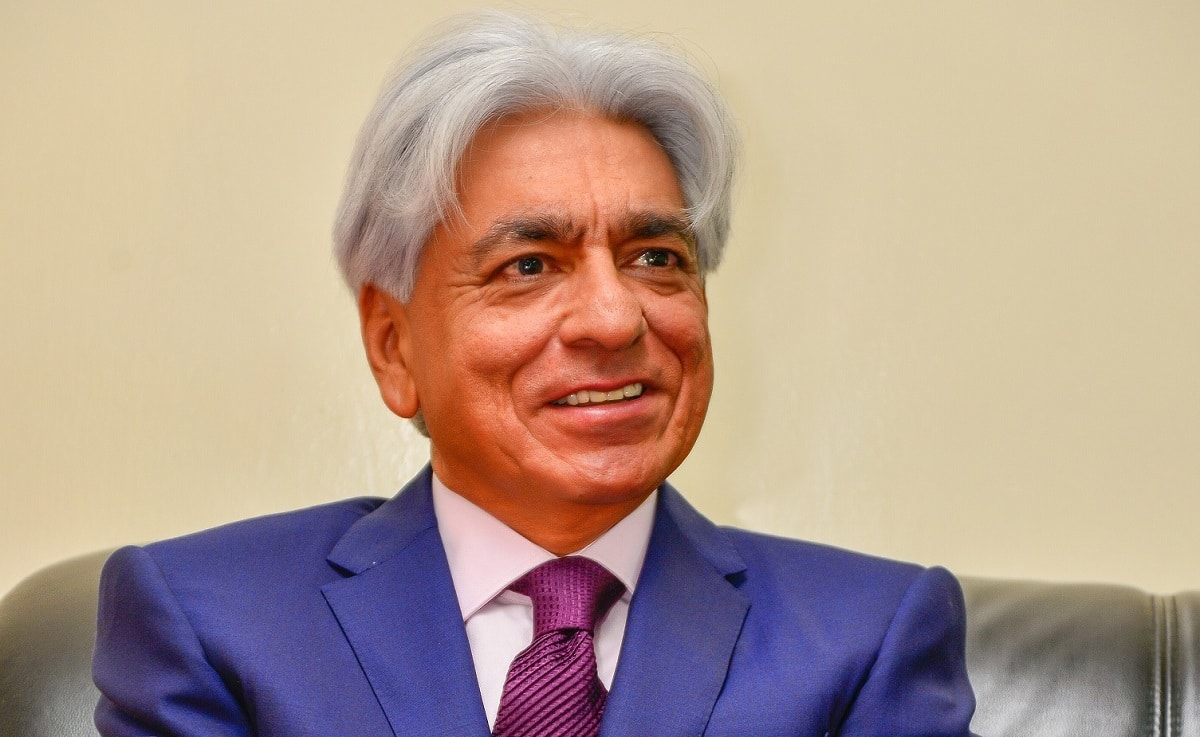Absa Bank Kenya PLC has been recognized as the first bank in Kenya to join the Kenya Green Building Society (KGBS) as a champion for initiatives that promote the green economy by reducing pollution and improving people’s lives while fostering economic growth.
The bank was also recognised for its efforts in conserving the environment and reducing its carbon footprint through initiatives such as the reduction of water and energy use as well as reusing and recycling of waste.
Presenting the certificate, KGBS Chairperson Elizabeth Wangeci Chege said that she was proud to welcome Absa to the green building network, that is in over 70 countries worldwide, as the bank had shown commitment to the sustainability agenda through making steps towards resource circularity, health and wellbeing, and climate action.
The bank has invested approximately Ksh34 million in retrofitting all its facilities to become water and energy efficient. This will reduce its carbon footprint while bringing down energy costs by up to 30% or Ksh20 million annually.
“We have replaced all our water dispensers with eco-friendly ones, helping us reduce plastic within our working environment and therefore reduce our carbon footprint in relation to plastic use by 56%. During its first phase, the change has also contributed positively to the business leading to 26% savings on the cost incurred initially from the consumption of bottled water. It is estimated that this will increase to 37% cost savings once the project is fully implemented by the end of the year,” said Jane Waiyaki-Maina, Head of Sustainability and Responsible Business Partnerships.
“In partnership with Kenya Green Building Society, all our buildings – comprising 85 facilities – have been assessed for efficiency in terms of energy, water and building materials, using the IFC Edge tool. Once recommendations from these assessments are completed, we shall create a road map on how to become a net zero organisation- achieving balance in emissions in and out – by 2040,” Ms. Waiyaki added.
“The Kenya Green Building Society is an organization that advocates for, educates and certifies green buildings. Having Absa Bank join us as the first bank in Kenya is a great feat that others should follow. Together, we are further advocating for affordable mortgages for green buildings that are great for the climate, health and well-being and save on operational costs” said Ms. Chege.
Buildings and the construction process are responsible for 39% of global energy related carbon emissions. Green buildings refer to the adoption of practices that are environmentally responsible and resource efficient throughout a building’s life cycle; from financing, planning, design, construction, operation, maintenance, renovation and demolition. Objectives of green buildings include reducing the overall impact of the built environment on human health, the natural environment and effects of climate change. This is achieved through efficient use of energy, water, and other resources, protecting occupants’ health and improving their productivity as well as reducing waste, pollution and environmental degradation.
The bank is also partnering with select SMEs to recycle rebranding waste including marketing collateral and metallic and plastic waste to produce school bags, film equipment and fencing posts. Additionally, all gently used electronic waste generated from the brand name change will be refurbished and used to set up 66 computer labs in various institutions across the country.
“Sustainability is at the core of what we do as a bank. As we bring possibilities to life through our products and services, we strive for what we call a triple bottom line – sustaining the economy, environment, and improving lives,” explains Jane.
Last October, the bank became a signatory to Principles for Responsible Banking at a group level and signed up to the United Nations Global Compact principles locally.
This recognition comes hot on the heels of the annual World Green Building Week, a campaign by the World Green Building Council that seeks to empower the delivery of greener buildings globally.
Absa continues to work hand in hand with policymakers, stakeholders, the government, and communities to deliver on circular resource initiatives besides promoting a sustainable consumption and production culture.













Leave a comment